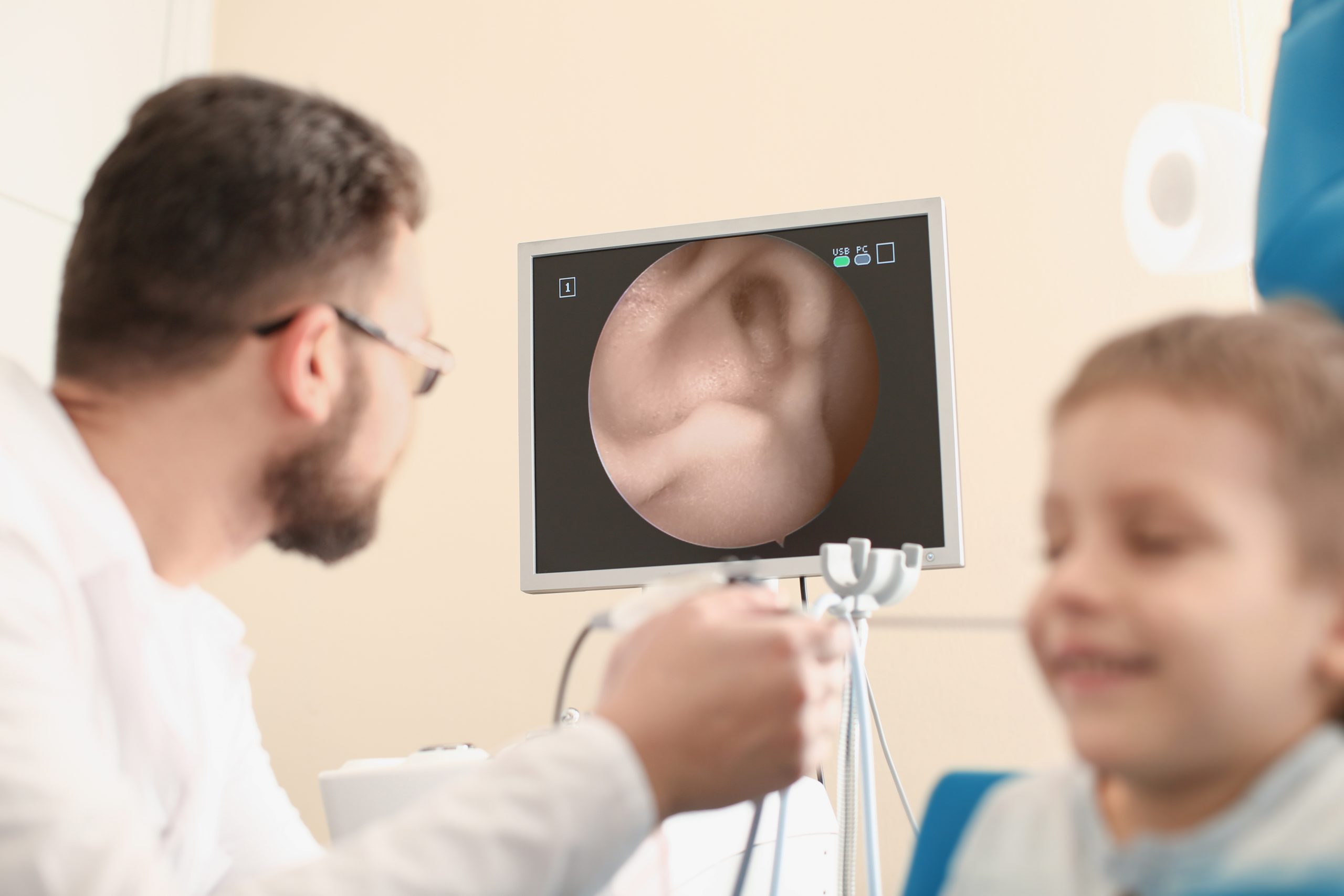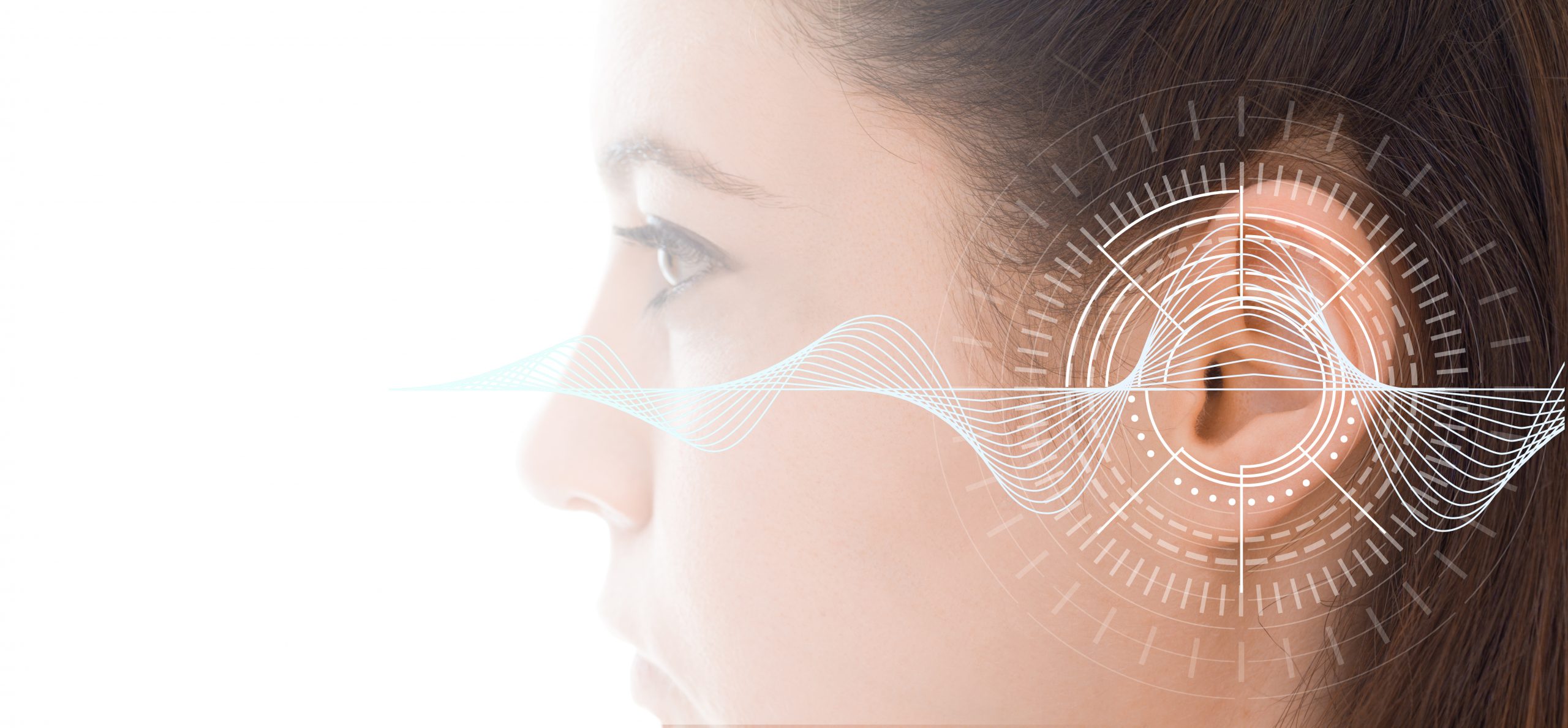Hearing is an essential sense that allows us to connect with the world around us. However, it is often taken for granted until problems arise. Regular hearing screenings are crucial for maintaining optimal hearing health and detecting potential issues early on. In this article, we will explore the benefits of regular hearing screenings and why they are important for individuals seeking to preserve their hearing abilities.
- Early Detection of Hearing Loss: One of the primary benefits of regular hearing screenings is the early detection of hearing loss. Hearing loss often develops gradually over time, and individuals may not be aware of its progression. Regular screenings can identify changes in hearing abilities before they become significant or start affecting daily life. Early detection allows for timely intervention and management of hearing loss, improving quality of life and preventing further deterioration.
- Prevention of Further Damage: Regular hearing screenings help identify potential causes of hearing loss or risk factors that may contribute to hearing problems. By understanding these factors, individuals can take necessary steps to prevent further damage. For instance, avoiding exposure to excessive noise, using ear protection in noisy environments, and adopting healthy hearing practices can help preserve hearing and prevent additional hearing loss.
- Tailored Treatment and Management: If hearing loss is detected during a screening, individuals can receive appropriate treatment and management options based on their specific needs. Depending on the type and severity of hearing loss, various interventions are available, such as hearing aids, assistive listening devices, or auditory rehabilitation programs. Early intervention ensures that individuals receive the most suitable solutions to address their hearing difficulties.
- Communication and Social Interaction: Hearing loss can impact communication and social interaction, leading to feelings of isolation and frustration. Regular hearing screenings allow for the identification of hearing issues that may be affecting interpersonal relationships or hindering effective communication. By addressing hearing loss through appropriate interventions, individuals can improve their ability to engage in conversations, connect with loved ones, and participate in social activities with confidence.
- Cognitive Health and Quality of Life: Research has shown a link between hearing loss and cognitive decline. Untreated hearing loss can strain cognitive resources, potentially leading to issues like cognitive decline, dementia, or cognitive impairments. Regular hearing screenings and timely interventions can help mitigate the impact of hearing loss on cognitive health, preserving mental acuity, and improving overall quality of life.
- Professional Guidance and Education: Regular hearing screenings provide an opportunity to seek professional guidance and education regarding hearing health. Audiologists and hearing healthcare professionals can offer personalized advice, address concerns, and provide resources to maintain and protect hearing. They can educate individuals on the impact of noise exposure, proper ear care, and strategies for hearing conservation.
- Occupational and Lifestyle Considerations: Regular hearing screenings are especially crucial for individuals in occupations with high noise exposure, such as construction workers, musicians, or factory workers. Occupational hearing screenings can help monitor hearing health and identify potential occupational hazards. Additionally, individuals who frequently engage in loud activities, such as attending concerts or using headphones, can benefit from regular screenings to assess the impact on their hearing.
- Awareness of Changes and Progression: By undergoing regular hearing screenings, individuals can become more aware of any changes or progression in their hearing abilities. This heightened awareness allows for early recognition of any signs of worsening hearing loss or the need for adjustments in hearing management strategies. Regular screenings provide a baseline for comparison, aiding in monitoring hearing health over time.
- Adapting to Technological Advancements: The field of hearing healthcare is constantly advancing, with new technologies and treatments being developed. Regular hearing screenings ensure individuals stay informed about the latest advancements in hearing aids, assistive listening devices, and other hearing technologies. By keeping up with these developments, individuals can make informed decisions about their hearing health and take advantage of innovative solutions.
- Proactive












